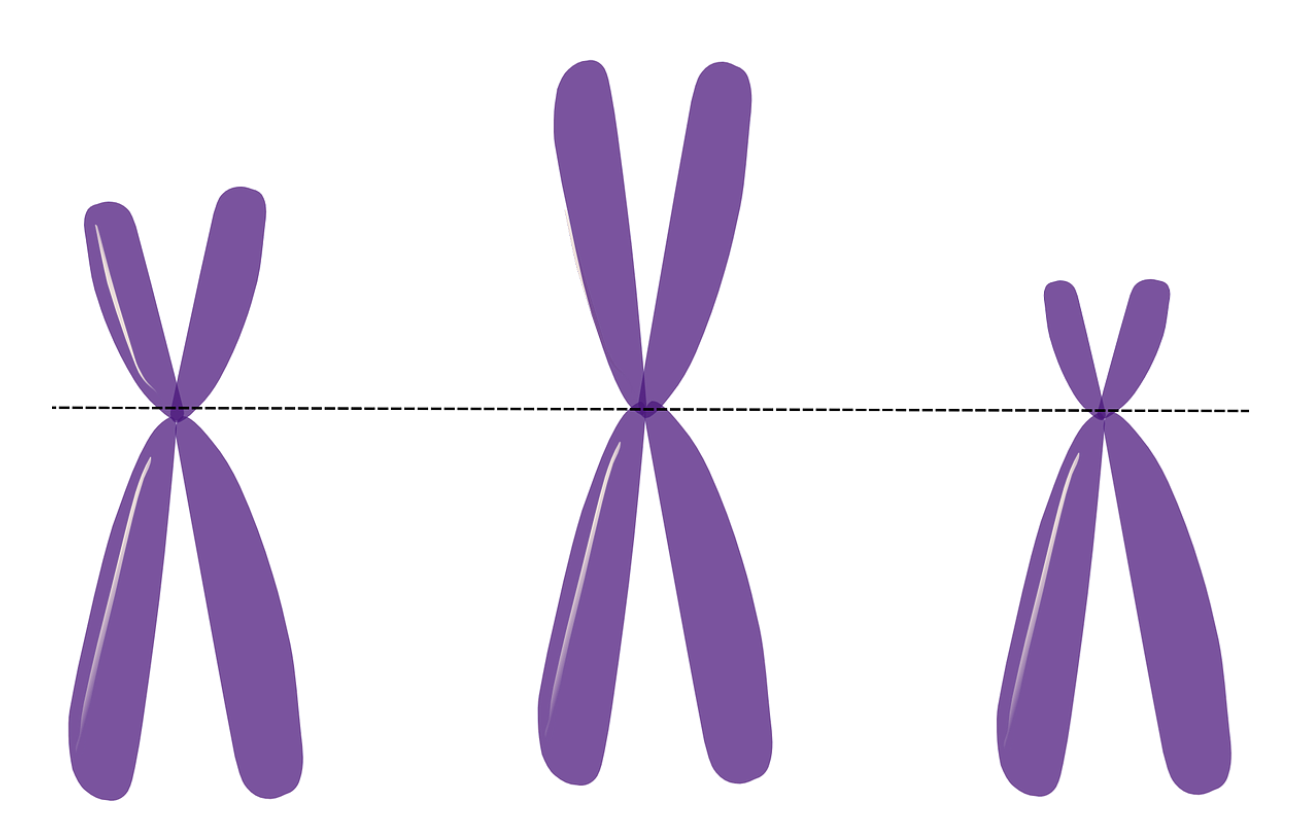Subtotal $0.00
Promise of Mesenchymal Stem Cell Therapy:
- Regenerative Potential:
MSCs are known for their ability to differentiate into various cell types, making them potentially beneficial in repairing or regenerating damaged tissues caused by chromosomal abnormalities.
- Immunomodulatory Effects:
MSCs can modulate immune responses, which is crucial in treating diseases where the immune system plays a role in disease progression or where immune rejection of therapies is a concern.
- Gene Editing Capabilities:
With advancements in gene editing technologies like CRISPR/Cas9, MSCs can be genetically modified to correct specific chromosomal defects, offering a targeted approach to treatment.
- Reduced Ethical Concerns:
Unlike embryonic stem cells, MSCs, typically derived from adult tissues like bone marrow or adipose tissue, are less ethically contentious, facilitating research and potential clinical applications.
Limitations of Mesenchymal Stem Cell Therapy:
- Challenges in Targeting Specific Diseases:
Chromosomal diseases are often complex, and the ability of MSCs to effectively target and correct these complexities is not yet fully understood.
- Risk of Tumorigenicity:
There is a concern that MSCs, especially when manipulated for therapeutic purposes, could potentially form tumors or exacerbate existing cancers.
- Limited Lifespan in Vivo:
MSCs may have a limited lifespan once introduced into the body, which could reduce their effectiveness over time or require repeated administrations.
- Variable Efficacy and Standardization Issues:
The efficacy of MSC therapies can vary significantly between patients. Standardizing these therapies for consistent results is a major challenge.
- Regulatory and Ethical Considerations:
Despite being less controversial than embryonic stem cells, MSC therapies still face regulatory hurdles and ethical considerations, particularly when it comes to genetic modifications.
In conclusion, while MSC therapy offers a promising avenue for treating chromosomal diseases, further research and development are needed to overcome its limitations and harness its full therapeutic potential.



